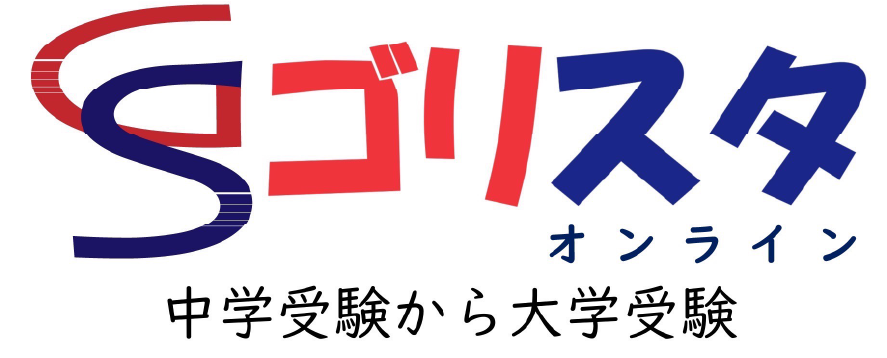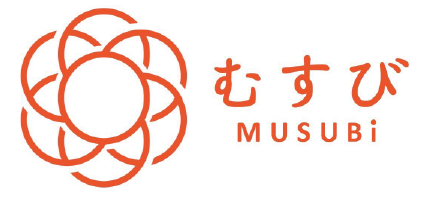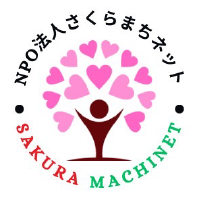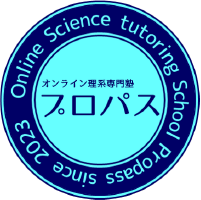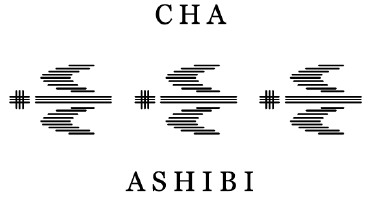The beautiful sea, sky, mountains, and rich culture—Okinawa holds countless charms that captivate us.
And deeply connected to those charms is a language.
That language is Shimakutuba, the indigenous tongue of Okinawa.
With ancient roots, it is closely intertwined with Okinawa’s culture and history.
Yet today, Shimakutuba faces the threat of extinction.
There are nuances and expressions that can only be experienced in Shimakutuba—sensibilities that are lost when translated into standard Japanese.
Within Shimakutuba live kindness, spirituality, and a unique beauty that we are committed to carrying forward and passing on.
Learning Shimakutuba with Joy
Through monthly Shimakutuba classes, we create opportunities to enjoy learning the basics of this language. In addition, our online community brings together people who love Okinawa, where participants can put Shimakutuba into practice and deepen their understanding of Okinawa through the exchange of various information. It is a place that fosters gentle connections among Uchinānchu (Okinawans) around the world as well as those who hold Okinawa close to their hearts.Shimakutuba Juku Timugukuru
Starting in June 2025, we will hold monthly Shimakutuba classes at a venue in Naha City for those who wish to learn or experience Shimakutuba. The classes are also available online, making it possible to join from anywhere in Japan.
Archived recordings are also available, so even if you cannot attend live, you can watch the session later.
Instructor: Azusa Ahagon

Born on April 27, 1990, in Naha City, Okinawa Prefecture.
On her YouTube channel “Ahagon Azusa’s Okinawa Travel Channel“, she shares the charm and history of Okinawa through a wide range of content, including Shimakutuba (Okinawan dialects), local history, and tourist information. In 2021, she was selected by Google as one of the “Humans of YouTube Japan 101,” a list of 101 video creators who have made a meaningful impact on society in Japan.
For a more detailed profile, click here.
Course Schedule & Topics (Subject to Change)
| Session | Date | Theme |
| Session 1 | Sunday, June 15, 2025 | An Introduction to Shimakutuba |
| Session 2 | Sunday, July 13, 2025 | Shimakutuba to Use While Shopping |
| Session 3 | Sunday, August 24, 2025 | Shimakutuba for Okinawa’s Obon Festival |
| Session 4 | Sunday, September 21, 2025 | Shimakutuba for Social Media |
| Session 5 | Sunday, October 26, 2025 | Shimakutuba and Okinawan Place Names |
| Session 6 | November 2025 | Demonstrative Pronouns and Question Words |
| Session 7 | December 2025 | Shimakutuba for New Year’s |
| Session 8 | January 2026 | Using Honorifics: Polite, Humble, and Respectful Forms |
| Session 9 | February 2026 | Ryuka (Okinawan Poetry) and Shimakutuba |
| Session 10 | March 2026 | Writing a Diary in Shimakutuba |
*1 Dates may be subject to change.
*2 Lectures will be conducted in Japanese. English support is currently in preparation, and we appreciate your patience while we get this ready.
Tuition
Please see the details below. By choosing the full-course package at the time of registration, you will still be able to access archived recordings even if you miss a live session.
| Course | Price | Notes |
| In-Person (in Japanese) | ¥3,480.00 JPY | The lectures will be conducted in Japanese. |
| Online (in Japanese) | ¥2,980.00 JPY | The lectures will be conducted in Japanese. |
The Meaning Behind “Timugukuru”
Both “timu” and “kukuru” mean “heart.” Together, timugukuru expresses a deepened sense of spirit, often used to signify true sincerity or genuine kindness.
By naming our program Shimakutuba Juku Timugukuru, we express our commitment not only to passing on Shimakutuba with sincerity, but also to inheriting the spirit and heartfelt values embedded within the language.
There are feelings and nuances that can only be expressed in Shimakutuba—sensibilities that are lost when reduced to standard Japanese. Within Shimakutuba live kindness, faith, and a unique beauty that we are dedicated to preserving and passing on.
Logo Concept: Peace, Harmony × Tradition
 The logo of Shimakutuba Juku Timugukuru is based on green, symbolizing peace and harmony. Inspired by the shape of a pencil, it is framed in a hexagon—representing the order, stability, and balance of nature. Inside, we incorporated Yashirami, a traditional Okinawan pattern long used as a talisman for protection.
The logo of Shimakutuba Juku Timugukuru is based on green, symbolizing peace and harmony. Inspired by the shape of a pencil, it is framed in a hexagon—representing the order, stability, and balance of nature. Inside, we incorporated Yashirami, a traditional Okinawan pattern long used as a talisman for protection.
Through our activities, we honor Okinawa’s traditions while aiming not for division between generations or regions, but for cooperation and coexistence.
